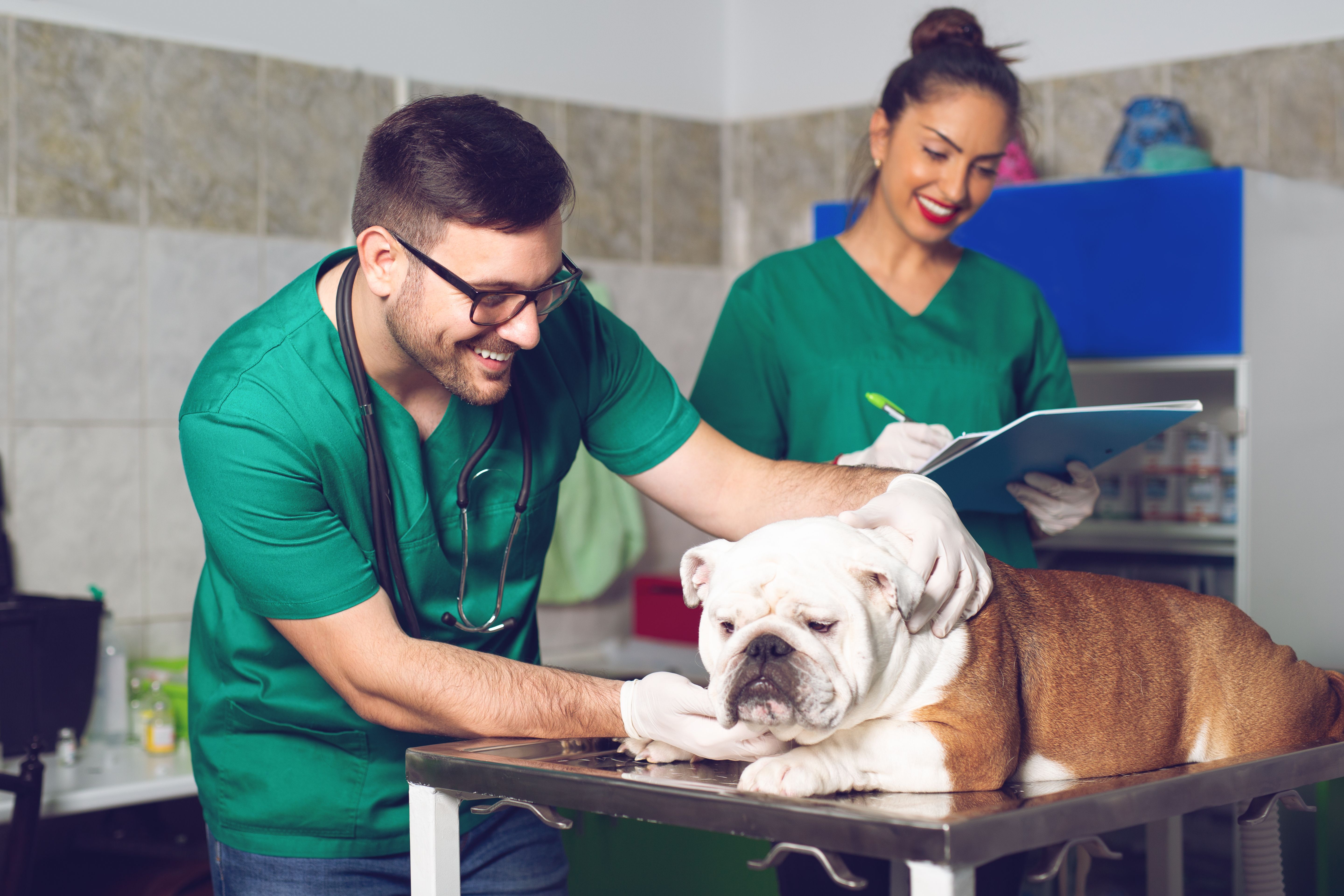Surgeons and rehab specialists should work together for the best patient care
Sharing of information leads to success stories.
zorandim75/stock.adobe.com

David Dycus, DVM, MS, CCRP, DACVS-SA, and Matthew Brunke, DVM, DACVSMR, CCRP, CVPP, CVA, are on staff together at Veterinary Orthopedic & Sports Medicine Group in Annapolis Junction, Maryland, and occasionally lecture together at Fetch dvm360 conference. So it was natural that they would both wind up onscreen discussing how surgeons and rehabilitation specialists work together.
The two areas of veterinary medicine are in lockstep in terms of treatment, but there's a more basic component to their coexistence. It boils down this: communication.
Dr. Dycus says for people, the process is surgery, home, therapy. And this is becoming the same for animals. This is where the union of the two specialties comes in: The doctors must be coordinated for future treatment. He gives this example:
"If I do a TPLO versus a lateral suture, we really want to create a patient-centered, specific response as to how we manipulate those tissues," he says.
Sharing this information, then, is essential for the next specialist to do his thing.
Dr. Brunke comes from the opposite perspective of the rehab doctor, but shares the same opinion.
"You guys can do wonderful work in the operating room (that) an owner can undo by not taking care of the dog going forward, or the cat going forward," he says. "So pass that baton of management of the case [to the] rehab doctors."
He goes on to point out that this team approach can then point back to the surgeon in the case of something being amiss.
Watch the video for more from Drs. Dycus and Brunke.
You. Can. Do. This!

At Fetch dvm360 conference, we're the support system you need. With every conference this year, we intend to nurture your mind (meaning quality CE for days) while also encouraging you to take stock of your physical and emotional health. Register now.